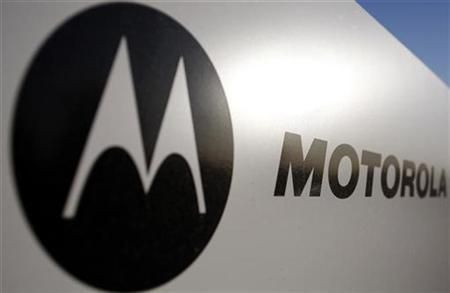Microsoft Vs Motorola Patent Trial First Phase Draws To A Close; Judge To Set Royalty Rate

Arguments between Microsoft Corp and Google's Motorola Mobility in long running patent trial over sharing of technology that can put brakes on patent warfare ended Tuesday.
The arguments came to a close in Washington after six days of testimony as District Judge James Robart extended time for closing arguments till Dec.14, in post-trial brief, the Dow Jones has reported.
The long-running suit apparently focuses on how much a patent holder can charge for technology considered to be part of an industry standard.
Microsoft alleges that Motorola tried to charge an unfair price to use its streaming technology while Motorola claims it offered terms to Microsoft similar to the charges it levied on other companies.
Judge Robart will decide what constitutes reasonable and nondiscriminatory settlement or RAND, license offer. The second phase of the trial would move to jury to decide whether Motorola breached a contract, the Dow Jones has pointed out.
Judge Robart could set a percentage to define reasonable and nondiscriminatory patent royalty.
He is also likely to issue a verdict on whether royalty should be paid on the value of the technology or the value of the device that uses the technology.
Microsoft alleged that Motorola Mobility was attempting to price patents higher as they were included in an industry-standard technology.
The Motorola patents at issue in the case are included in the 802.11WiFi communication standard and the H.264 media-streaming standard.
Motorola sought up to $4 billion a year for its wireless and video patents while Microsoft argued its rival deserves over $1 million a year, Reuters has reported.
Microsoft attorneys opined that the practice was a "hold-up strategy," that helped modify the value of patents beyond their real value. Such practice was likely to pile cost on generic technology, a practice Microsoft called "patent stacking." Motorola urged the court to facilitate the license negotiation that would have taken place had Microsoft sat down with Motorola in October 2010 and bargained instead of filing suit.
The outcome is considered important as it may establish a methodology for calculating royalty rates for standards-essential patents, which could be applied to other cases where essential patents are in dispute.
The trial is being held in two parts – to determine a fair royalty rate, and also to determine if Motorola breached a contract by charging Microsoft too much, ITWorld.com has reported.
© Copyright IBTimes 2024. All rights reserved.











